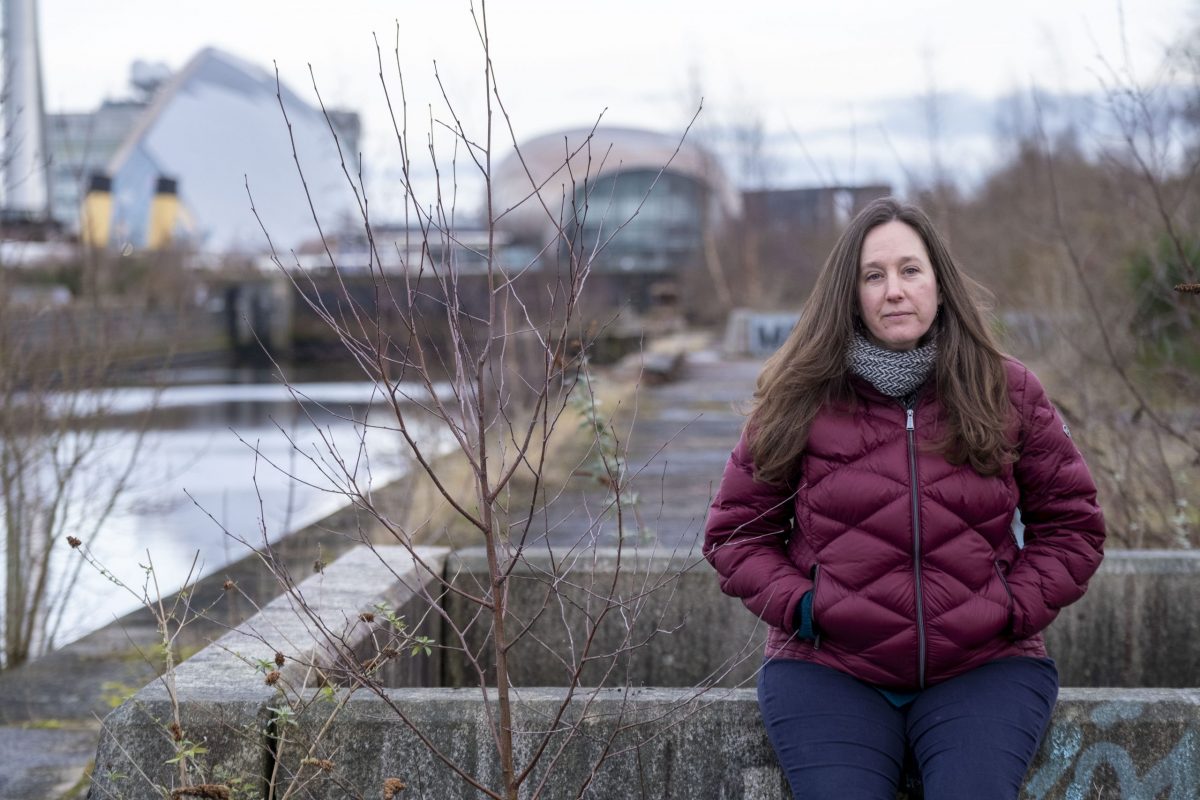A GLASGOW-based climate resilience programme has received £10 million towards a research hub.
Scientists are to begin work on the large-scale research programme that will help transform Glasgow into a thriving, climate resilient city.
The University of Glasgow-led programme, GALLANT, will help the city move towards climate resilience whilst tackling health, social and economic inequalities
It will focus on capturing greenhouse gases in formerly derelict land, improve biodiversity, value riverbanks as community spaces, promote active travel and create energy solutions

Researchers will work with Glasgow City Council, community groups, and partners to enable the city to meet its 2030 net zero target.
The project, which has received the £10 million from the Natural Environment Research Council (NERC), aims to:
-
- Transform urban river edge land use to identify areas to help manage flood risks for city homes and businesses, and build more urban nature such as salt marshes for improving quality for wildlife and people whilst improving societal resilience to climate change.
- Review and deliver improved biodiversity by restoring and connecting habitats that are currently isolated across the city by mapping important species and working with local agencies to implement suitable management of greenspace.
- Regenerate derelict and polluted land into spaces that mineralise greenhouse gases and trap organic pollutants into building materials for the future.
- Improve air quality and reduce CO2 through changing travel behaviours by increasing uptake of active travel including cycling, wheeling and walking to reduce car journeys.
- Develop sustainable low carbon energy solutions at the community scale that empower local people as active energy citizens to co-create clean energy demand.
The programme to create a sustainable, healthy urban environment will help regenerate the river Clyde region, which faces significant social, economic and environmental challenges, and will provide learning that will help other cities in their missions to adopting green solutions.
Professor Jaime L Toney, director of the University of Glasgow’s Centre for Sustainable Solutions, is leading the GALLANT project.
Professor Toney said: “We’re delighted to have received this funding from NERC, which is a significant boost to delivering Glasgow’s post-COP26 legacy.
“Using Glasgow as a living lab is an exciting opportunity to collaborate with communities and stakeholders across the city to deliver tangible environmental solutions that also improve public health, wellbeing, and move us toward a green, inclusive economy.”
UK Government Minister for Scotland Iain Stewart said: “This collaborative research hub, backed by £10 million UK Government funding, will help Glasgow build on the legacy of COP26 and lead the way to a sustainable future.
“This project highlights exactly why the city has such formidable potential for scientific research and development.”
Councillor Susan Aitken, Leader of Glasgow City Council, said: “This important project is a testament to the strength of our partnership work on sustainability in Glasgow.
“GALLANT will support our ambitious plans to become net zero carbon by the year 2030 and help to ensure that we are ready and resilient for a changing climate.
“The funding for this project represents a big vote of confidence in Glasgow’s ability to deliver and represents a tangible legacy of our role as COP26 host city.”

